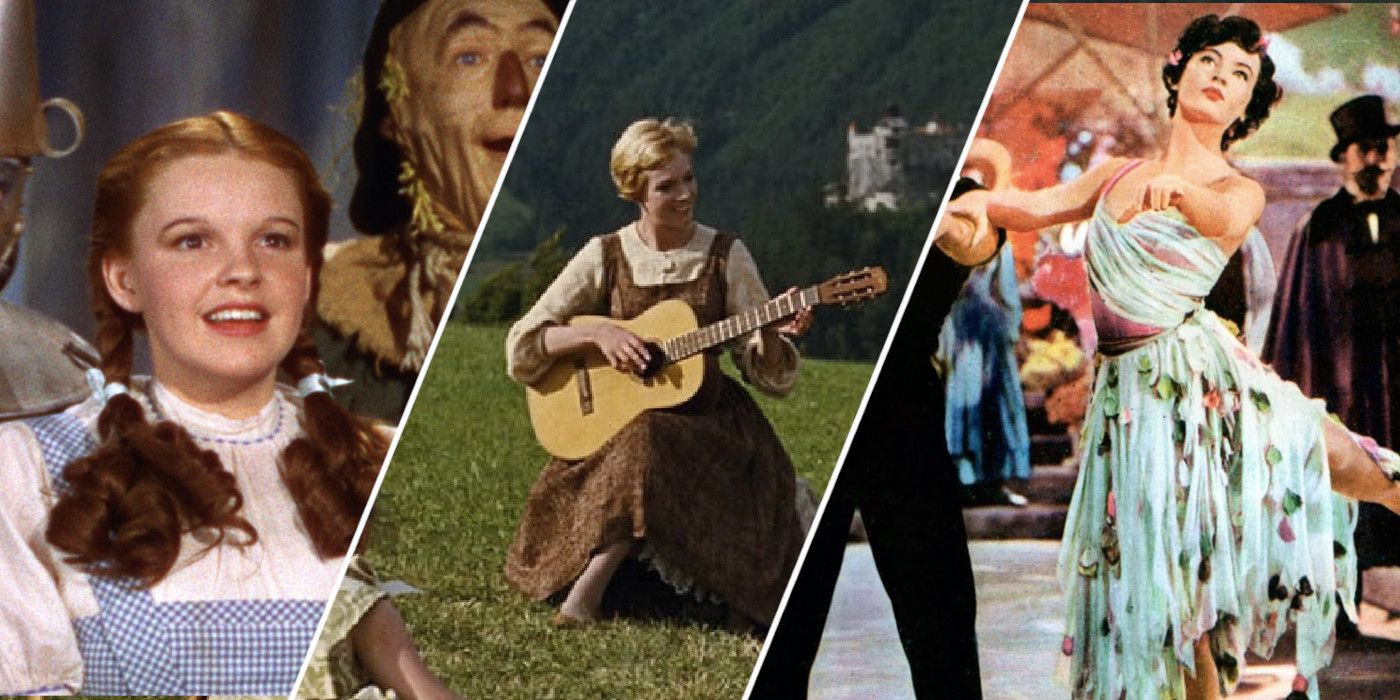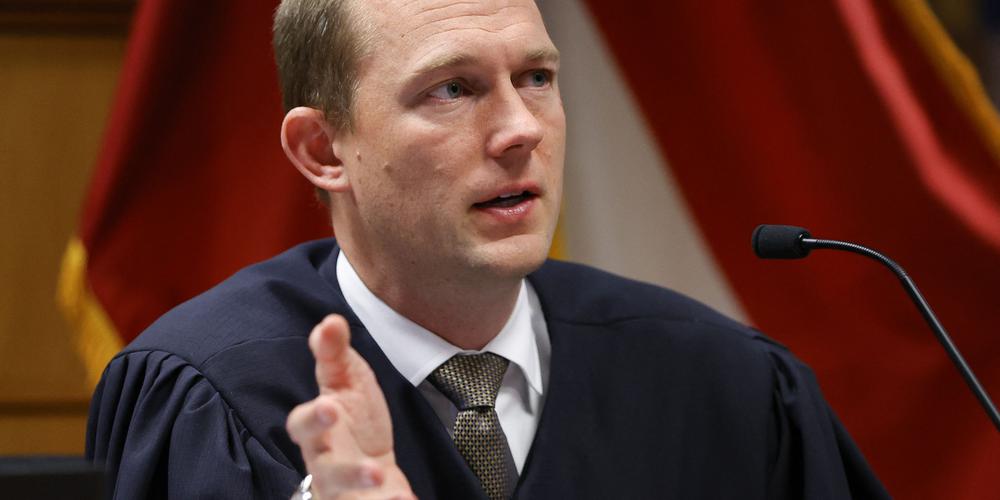The Enduring Legacy Of A Hollywood Golden Age Film Critic

Table of Contents
Pauline Kael's Impact on Film Criticism During the Golden Age
Defining a Critical Style
Pauline Kael's writing was unlike anything that came before it. She eschewed the formal, often stuffy tone of many of her contemporaries, opting instead for a conversational, accessible style infused with her distinctive voice. This personal approach, combined with her rigorous intellectual honesty, set her apart.
- Focus on Narrative Structure and Character Development: Kael meticulously dissected narrative structure, character arcs, and the emotional impact of films, often analyzing them through a personal and sociological lens.
- Emphasis on the Director's Vision: She championed auteur theory, placing significant importance on a director's individual style and contribution to filmmaking. Her reviews often explored how a director's personality and vision translated onto the screen.
- A Rejection of Traditional Critical Norms: She challenged prevailing critical opinions, often taking controversial stances that sparked lively debate and expanded the range of cinematic discourse. She wasn't afraid to challenge the established canon or praise lesser-known works that resonated with her.
In contrast to critics like Bosley Crowther of The New York Times, who adopted a more traditional, moralistic approach, Kael’s critical style was refreshingly personal and opinionated. Her willingness to openly disagree with established consensus created a more vibrant and diverse space for film criticism.
Shaping Public Opinion and Box Office Success
Kael's reviews held considerable weight. Her insightful observations and passionate pronouncements could significantly sway public opinion and, consequently, impact a film's box-office performance.
- "Bonnie and Clyde" (1967): Her enthusiastic review helped catapult this controversial film into a cultural phenomenon.
- "Easy Rider" (1969): Her analysis of the film’s cultural significance elevated it from a simple biker movie to a generational statement.
- Her influence wasn't solely positive: Some films suffered commercially after receiving scathing critiques from her.
Her influence extended beyond mere reviews; studios often paid attention to her opinions, demonstrating the profound power of her critical voice within the Hollywood landscape. Anecdotal evidence suggests that directors sometimes sought her feedback even before a film's release.
The Lasting Influence on Film Studies and Academia
Pauline Kael's Writings as Primary Sources
Today, Kael's collected reviews and essays serve as invaluable primary sources in film studies and academic research. Her work provides not only a record of the films produced during the Golden Age of Hollywood but also a window into the cultural and intellectual climate of the time.
- Extensive citation in scholarly works: Her writings are frequently cited in academic articles and books focusing on film history, film theory, and the sociology of cinema.
- Influence on modern film theory: Her analyses continue to inform critical discussions around narrative structure, genre conventions, and the relationship between film and society.
- Preservation of her legacy: Archives such as the University of California, Berkeley, house collections of her papers and personal archives.
Her insights into cinematic techniques and storytelling remain surprisingly relevant, influencing generations of scholars and students of film.
The Evolution of Film Criticism Through Her Lens
Kael's approach to film criticism paved the way for a more personal, accessible, and intellectually rigorous style of film criticism. Her influence can be clearly seen in contemporary film criticism.
- Influence on modern critics: Numerous contemporary critics acknowledge her impact on their approach, citing her honesty, insightfulness, and personal style as inspirational.
- Pioneering of critical frameworks: She helped develop frameworks and ideas that continue to be analyzed and used today.
- Teaching her methods: Her critical approach is often studied and debated in film schools across the world, highlighting her importance as a teacher.
Pauline Kael's Cultural Impact Beyond Film Criticism
Social and Political Commentary in Her Writings
Kael's reviews weren't merely technical analyses; they were deeply informed by her political views and social consciousness. Her work often reflected the social and political turmoil of the era.
- Analysis of films reflecting social change: Her reviews frequently engaged with themes of gender, race, and class, highlighting the socio-political contexts in which films were produced and consumed.
- Public discourse and her influence: She engaged in public discourse on issues such as the Vietnam War, Civil Rights, and feminism, often using film as a lens to examine these broader cultural conversations.
- Her stance on cultural movements: Her writings provide insightful commentary on the counterculture movements of the 1960s and their reflection in Hollywood cinema.
Her Lasting Presence in Popular Culture
Pauline Kael’s legacy transcends the academic sphere. Her persona and work continue to inspire and fascinate.
- Documentaries and biographies: Multiple documentaries and biographical works explore her life and influence.
- Fictional portrayals: She has been the subject of fictional portrayals in film and literature.
- References in modern media: Her name and work continue to be referenced in modern film and television, indicating her ongoing relevance in pop culture.
Conclusion
Pauline Kael's enduring legacy rests on her profound impact on film criticism, her invaluable contribution to film studies, and her broader cultural significance. Her unique writing style, intellectual honesty, and insightful social commentary continue to inspire and challenge generations of film lovers and scholars. She transformed film criticism, making it more accessible and intellectually engaging, while simultaneously shaping public opinion and influencing the direction of filmmaking itself.
Delve deeper into the world of Hollywood Golden Age film criticism by exploring the insightful work of Pauline Kael and discover the enduring legacy of this influential figure. Seek out her collected essays, read analyses of her work, and watch the films she championed and critiqued – you'll discover a rich tapestry of cinematic history and a lasting legacy that continues to shape how we understand and appreciate film.

Featured Posts
-
 The Ongoing Threat Of Measles Challenges And Solutions
May 30, 2025
The Ongoing Threat Of Measles Challenges And Solutions
May 30, 2025 -
 Djokovics Union Files Lawsuit Against Tennis Authorities
May 30, 2025
Djokovics Union Files Lawsuit Against Tennis Authorities
May 30, 2025 -
 Slavnosti Guru Jary A Dalsich Kontext Vladimira V Svete Tomase Koloce
May 30, 2025
Slavnosti Guru Jary A Dalsich Kontext Vladimira V Svete Tomase Koloce
May 30, 2025 -
 Norrie Upsets Medvedev At French Open Djokovic Advances
May 30, 2025
Norrie Upsets Medvedev At French Open Djokovic Advances
May 30, 2025 -
 Aeroport De Bordeaux Debat Sur Le Maintien De La Piste Secondaire Et Mobilisation Citoyenne
May 30, 2025
Aeroport De Bordeaux Debat Sur Le Maintien De La Piste Secondaire Et Mobilisation Citoyenne
May 30, 2025
